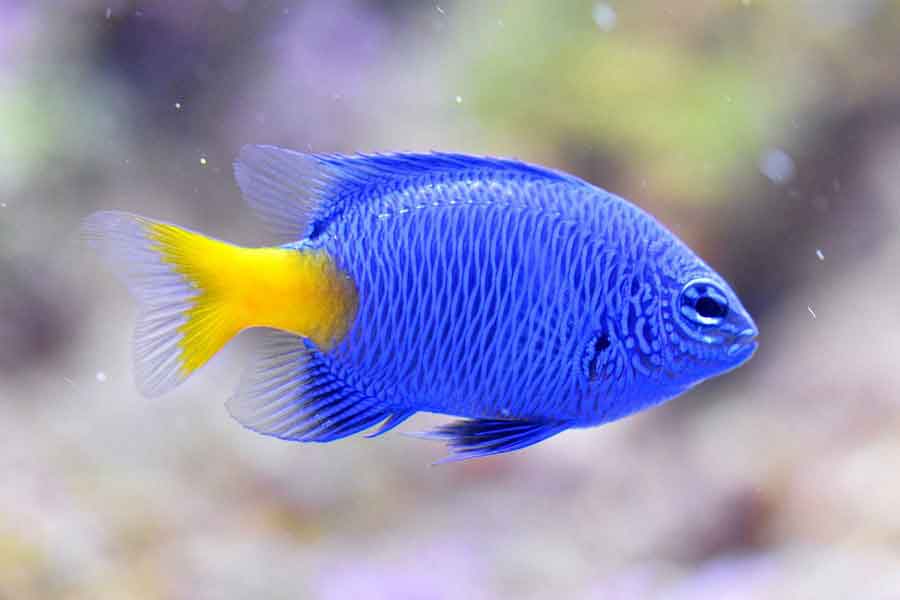
Many times, when visiting a shipwreck, I wondered why predators like barracudas or moray eels, who are usually very skilled in their attack strategies, do not take advantage of the «traps» that the environment offers them to catch their unsuspecting prey.
It is common for a large number of fish to live inside a shipwreck, and therefore, it is natural for them to freely move through its openings. A barracuda should simply wait behind a door to seize as many prey as it wants without any effort. However, this doesn’t happen, so there must obviously be a reason, and that reason may be smell.
When an odorous substance is poured into the sea, it slowly spreads away from its source, diffusing like smoke drifting away. An animal that senses a smell can be attracted or repelled by the olfactory emanation, depending on the nature of the message transmitted, or it may not be stimulated at all by the scent, remaining indifferent. Humans, with our sense of smell adapted to the air, cannot smell underwater, but fish have a sophisticated olfactory system that allows them to detect even very subtle odors.
Fish have two olfactory sacs on each side of their face, immediately in front of the eyes, which often have the appearance of tears. The first sac is larger than the second, which is much smaller, giving the opening a funnel-like shape. Inside, the sacs are lined with sensitive tissue, with folds and creases forming ridges and depressions, increasing the surface area of exposed tissue to the water without affecting the size of the receptor.
In fast swimmers, water circulates through the sacs simply due to swimming action. A predator could follow a trail of scent in the sea for a long time, coming from the blood of a wounded animal or the decomposition of a dead specimen. As it gets closer to the emitting animal, the signals will become clearer, increasing the predator’s excitement and preparing it for the attack. Even a small stationary fish can pump water into its nostrils to smell the environment.
If a barracuda or a moray eel were hiding behind the door of a shipwreck, no fish would simply pass through that door. The water around the area would smell of danger, and the fish would choose another path. In some way, the predators know this, so they don’t waste time setting up these traps. They will have to exert more effort to secure their daily sustenance. The swift and streamlined barracuda will decide to attack by swimming against the current, so that the fish cannot smell it approaching. The moray eel will sharpen its cunning, seeking prey at night among sleeping fish, relying on its exquisite sense of smell to detect them.
Sophisticated arsenals prepared for defense and attack in the daily struggle of living or dying in a moment of carelessness. Faces and counterfaces of the coin of life in the sea, where each animal is a strategist in the endless war for food, and each dawn brings a new opportunity for a survivor of the preceding day.
«One cannot defend what one does not love, and one cannot love what one does not know.»

